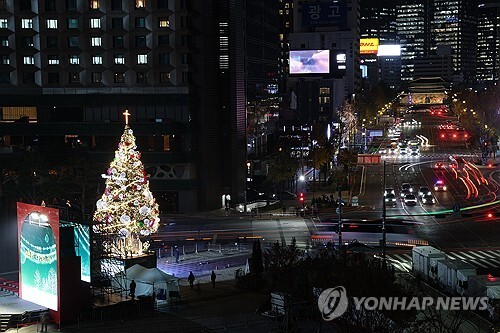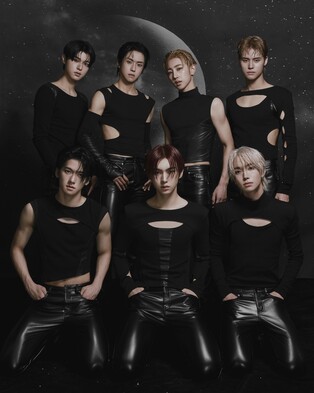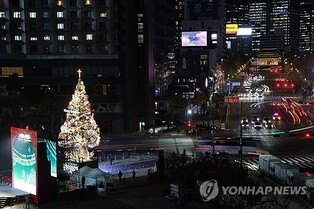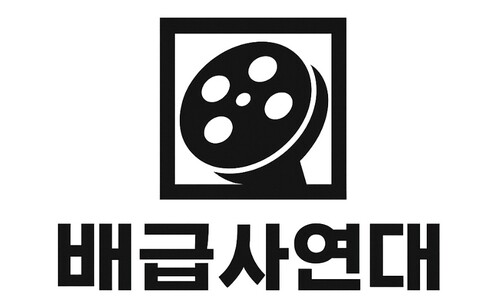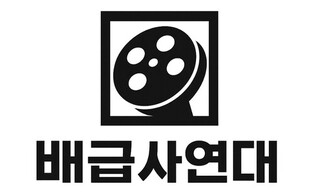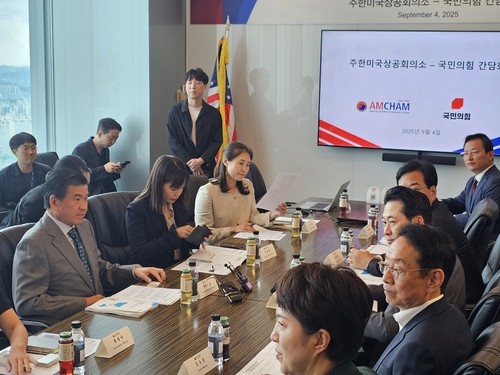 |
| ▲ James Kim (L), the head of the American Chamber of Commerce in Korea (AMCHAM), speaks during a meeting with officials from the main opposition People Power Party in Seoul on Sept. 4, 2025. (Yonhap) |
US biz group-labor reform bill
AMCHAM chairman urges efforts to make S. Korea 'more attractive' destination for investment
By Kang Yoon-seung
SEOUL, Sept. 4 (Yonhap) -- The head of the American Chamber of Commerce in Korea (AMCHAM) stressed the need to coordinate and fine-tune South Korea's labor-related regulations Thursday, following the recent passage of a controversial labor reform bill that many in the business circle have argued may undermine its business environment.
AMCHAM Chairman James Kim noted the so-called yellow envelope bill may "further constrain labor flexibility and reduce Korea's competitiveness as a regional business hub."
He made the remarks while meeting with Rep. Jang Dong-hyeok, head of the main opposition People Power Party (PPP).
The AMCHAM chief noted the country may still be able to make itself "more attractive" to foreign businesses and investments.
"It will be crucial to clarify and fine-tune some of the gray areas of the act to create a more globally competitive and business-friendly environment," Kim was quoted as saying in the meeting.
To this end, the AMCHAM chief stressed the need for the country's rival parties to work together, while insisting that AMCHAM is "well positioned to serve as an official bridge" between the ruling and opposition parties.
"Now that the Act has passed, AMCHAM is eager to work closely with the Korean government ... to ensure that industry perspectives are incorporated into the consultation process," Kim added, according to AMCHAM.
The National Assembly passed the "yellow envelope bill" last month in a vote led by the ruling Democratic Party (DP).
The revision seeks to guarantee the bargaining rights of indirectly employed subcontracted workers, and prohibit companies from filing lawsuits for damages or provisional seizures against unionized workers.
The name "yellow envelope" comes from a Supreme Court ruling that ordered the unionized workers of Ssangyong Motor Co., now KG Mobility Corp., to pay 4.7 billion won (US$3.37 million) in compensation for losses caused by their 2009 strike, prompting civic activists to deliver donations in yellow envelopes to support the workers.
Meanwhile, Kim highlighted an "important opportunity" to further advance "regulatory harmonization" between South Korea and the United States following the bilateral summit of their leaders -- President Lee Jae Myung and President Donald Trump -- in Washington late last month.
"For meaningful reform and a more predictable business environment, political leadership must take a bipartisan, consultative approach with stakeholders across business, political parties and civil society," he was quoted as saying.
(END)
(C) Yonhap News Agency. All Rights Reserved


















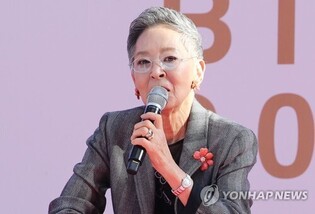
![[풀영상] 영화 '하트맨' 제작보고회|권상우 Kwon Sangwoo·문채원 Moon Chaewon·박지환 Park Jihwan·표지훈 피오 P.O|HEARTMAN](/news/data/20251211/p179554806839266_806_h.jpg)
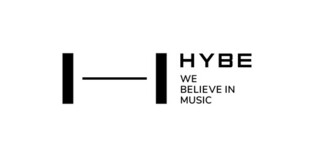


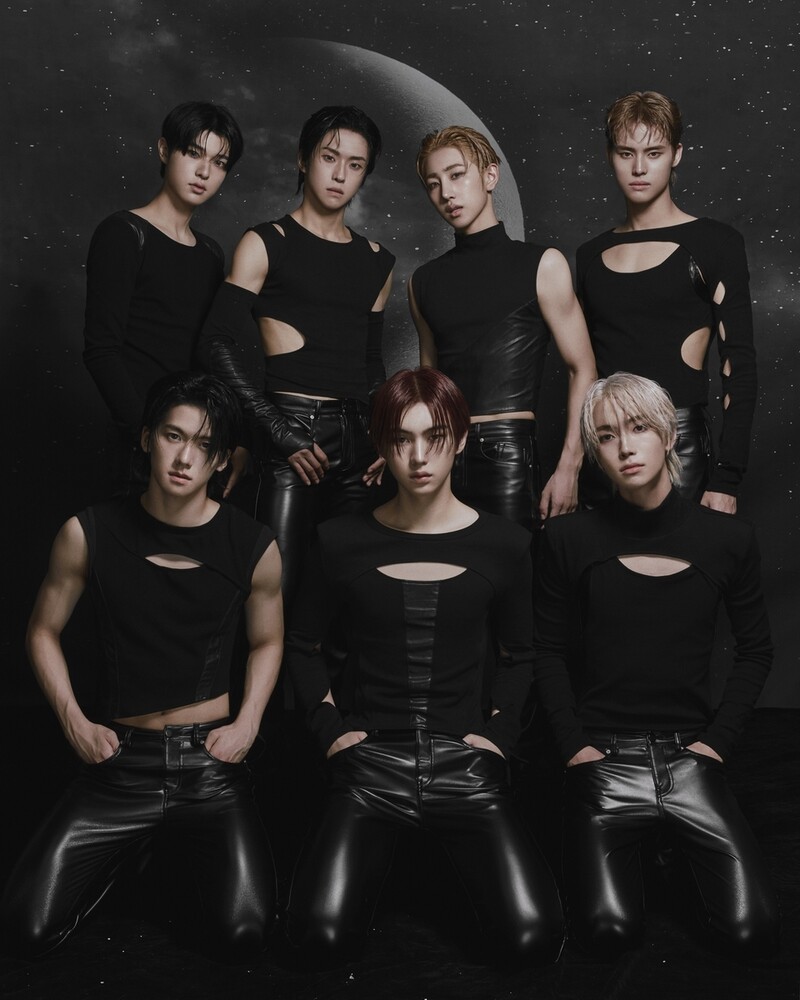
![[가요소식] 지코, 요아소비 이쿠라와 신곡](/news/data/20251212/yna1065624915953509_920_h2.jpg)
